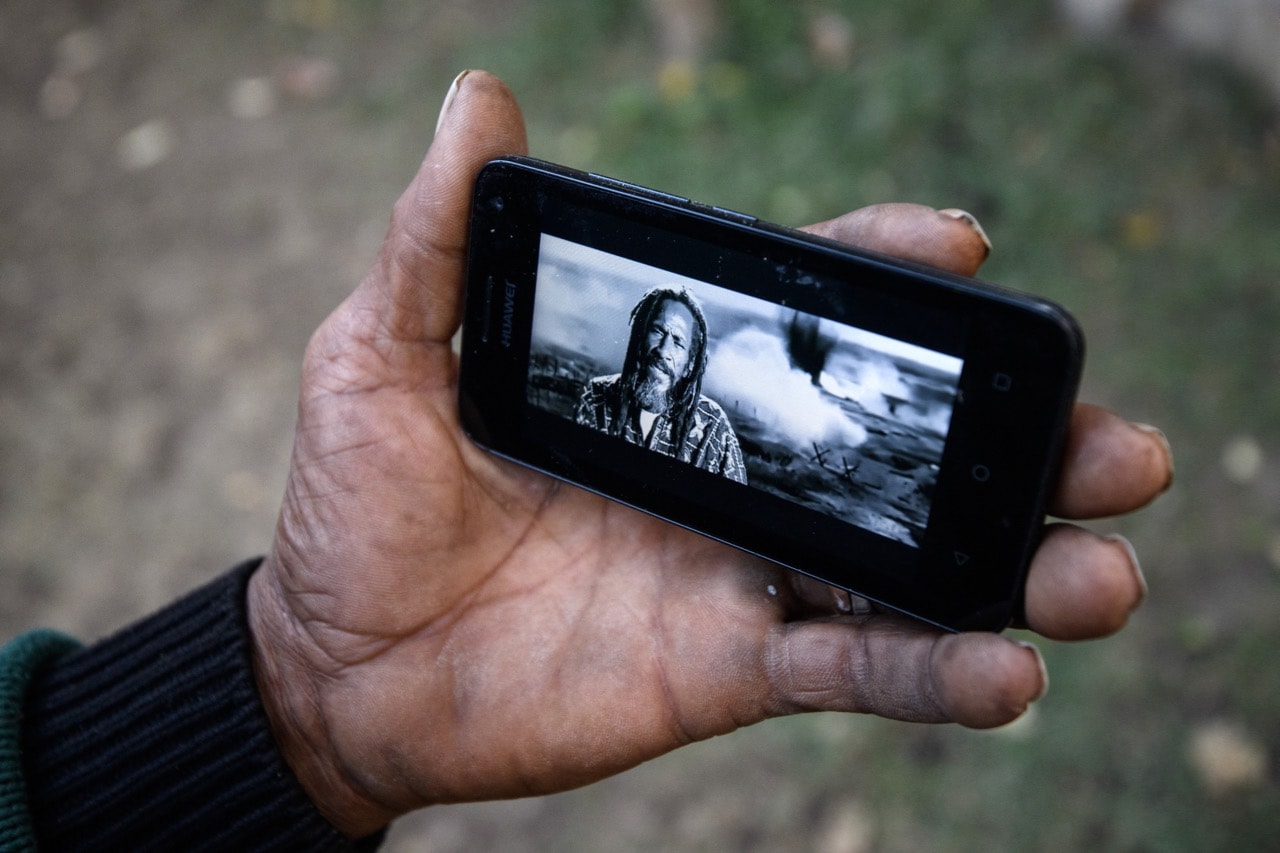Legislators in Jamaica are discussing whether telecommunications service providers should be sued if defamatory material is disseminated on their networks.
(ACM/IFEX) – Legislators in Jamaica are discussing whether telecommunications service providers should be open to legal suits if defamatory material is disseminated on their networks.
The “Jamaica Gleaner” reports that the issue has been raised during a parliamentary discussion of a report on the country’s defamation laws commissioned by the Jamaica Labour Party government.
The “Jamaica Gleaner” of 12 June 2009 reports:
“A major player in the telecommunications industry in Jamaica is arguing strongly that a service provider should not be held liable for defamatory material that is transmitted by way of the Internet or through mobile technology.”
Gawaine Forbes, senior manager at Digicel with responsibility for legal and regulatory affairs, said the telecom player should not be held accountable for a defamatory statement made on its network.
He argued that a subscriber to its Internet service, who might host a webpage or make a podcast, was the content provider. Forbes said since it was the content that contained all the elements of defamation, the service provider would have no control over such material.
His view was supported by a former minister with responsibility for telecommunication, Phillip Paulwell, who argued that the provider could not be made to answer for publications on its network that might be defamatory.
His comments were made in parliament during a meeting of the joint select committee considering a report on the review of Jamaica’s defamation laws.
Suspend subscriber’s service for action
Ronald Thwaites, a member of the committee, questioned whether the mobile provider could suspend a subscriber’s service for spreading defamatory comments about a person on its network.
Forbes conceded that the scenario raised by Thwaites was a very thorny issue, noting that it would be difficult for the provider to make a judgement call on what was defamatory.
“I do not believe it is fair to ask the service provider to make that call on a day-to-day basis; it is extremely difficult, you may be correct in some instances, you may not be in others,” he said.
He further explained that, if a judicial decision established that material deemed by the provider to be defamatory was not defamatory, it could expose the company to civil lawsuits.
“There is a moral issue, I understand, but at the end of the day you have to think of your contractual obligations,” he added.
However, committee chairperson and Attorney General Dorothy Lightbourne said, if the provider was aware that defamatory remarks were being dispatched on its network, some kind of action should be taken against the offending subscriber.
A.J. Nicholson, another committee member, said the matter was not a moral issue, but that it had legal implications.

